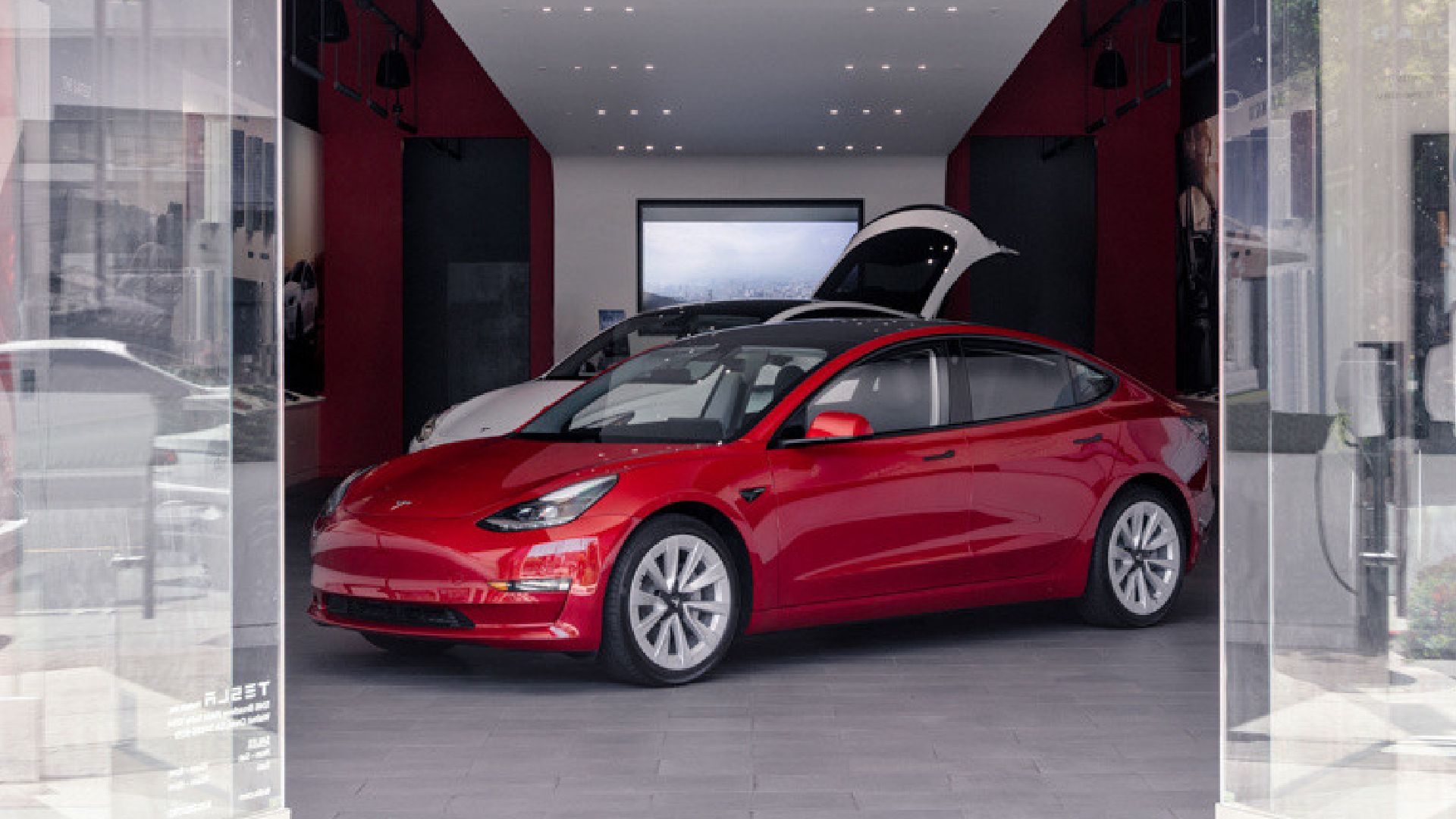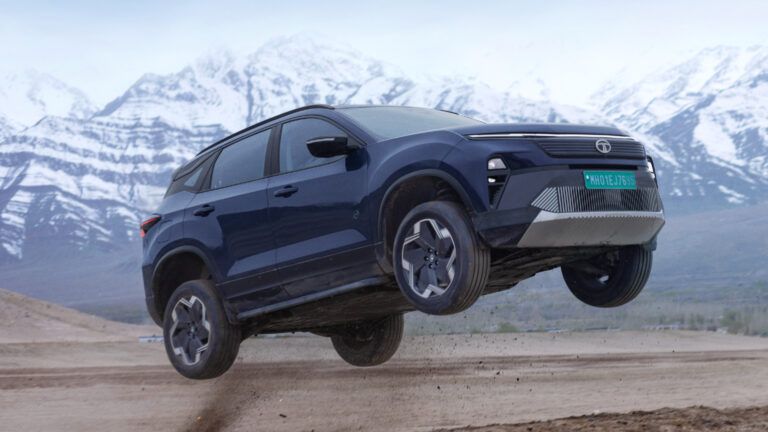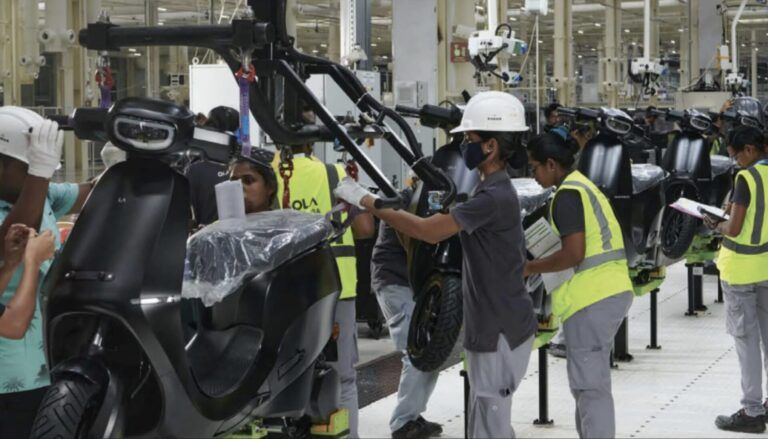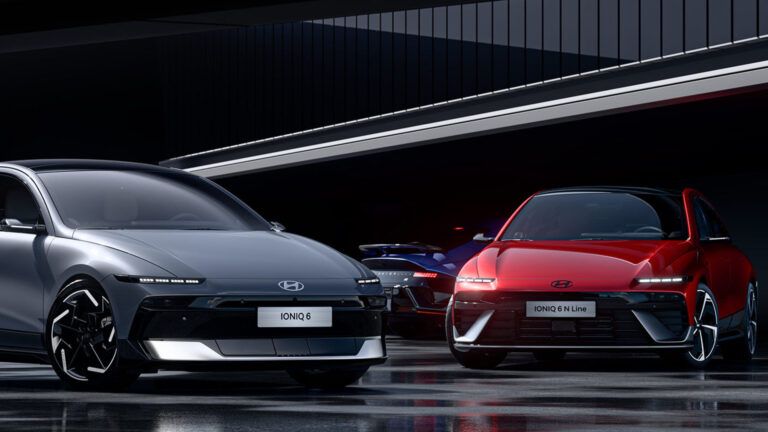Today, several foreign and domestic EV makers aim to grab a piece of India’s emerging EV market. That also includes Tesla, the world’s largest electric car manufacturer.
In its efforts to secure an initial tariff concession, Tesla aims to offset 70 per cent of customs duties for cars priced less than $40,000 and 100 per cent for cars with higher values.
However, in an interview with PTI, Piyush Goyal, the union minister for commerce and industry, said that the Indian government will not tailor its policies to meet the needs of Elon Musk’s Tesla.
Moreover, he stated that the government’s objective is to formulate laws and tariff policies that will attract electric vehicle manufacturers from around the globe to set up bases in the country.
According to Goyal, the Indian government acknowledges the need for an EV ecosystem, as the increased adoption of battery-powered vehicles will reduce carbon emissions and lessen the oil import expenditure.
What did Tesla Demand?
Tesla demands a concession as a precondition for building a plant in India. The US-based EV car maker also highlights the ongoing challenge posed by high tariffs on motor vehicles for foreign carmakers, which intends to promote local production.
Currently, customs duty ranging from 60 per cent to 100 per cent applies to cars imported as completely built units (CBUs), depending on whether engine size and cost, insurance and freight (CIF) value are below or above $40,000.
Piyush Goyal faced a question about whether the government would offer concessions to Tesla for setting up a manufacturing plant in India.
Maintaining the government’s earlier stance, the union minister responded, “The Government does not tailor policy for any one individual company or its interests. Everybody is free to make their demands. But that does not mean the government will necessarily take a decision (based on) what you demand.”
The Indian factory, if established, will be Tesla’s sixth vehicle plant.
What’s interesting is that Telsa’s chief, Elon Musk, met Prime Minister Narendra Modi in June last year in New York. Moreover, Musk expressed his intention to visit India in 2024.
Government Policies for Global Investments and Industry Growth
With an aim to attract EV players, the Indian government introduced production-linked incentive (PLI) schemes, allocating ₹18,100 crore for advanced chemistry cell manufacturing (ACC) battery storage and ₹26,058 crore for the auto, auto-components, and drone industries.
Moreover, Goyal visited Tesla’s manufacturing facility in Fremont, California last November. Also, in 2022, the company sourced goods amounting to about $1 billion.
The rapidly growing EV market in India is attracting the attention of global players. As negotiations for a free trade agreement with India continue, the UK is also aiming to secure customs duty concessions on exports of electric vehicles under the proposed agreement.
According to the Economic Survey 2022-23, India’s electric vehicle market will witness an annual sales growth to one crore units by 2030, generating five crore direct and indirect jobs.
Well, it’s not only the foreign players but also the domestic car makers, like Tata Motors and Mahindra, looking to capitalize on the emerging EV market of India.








